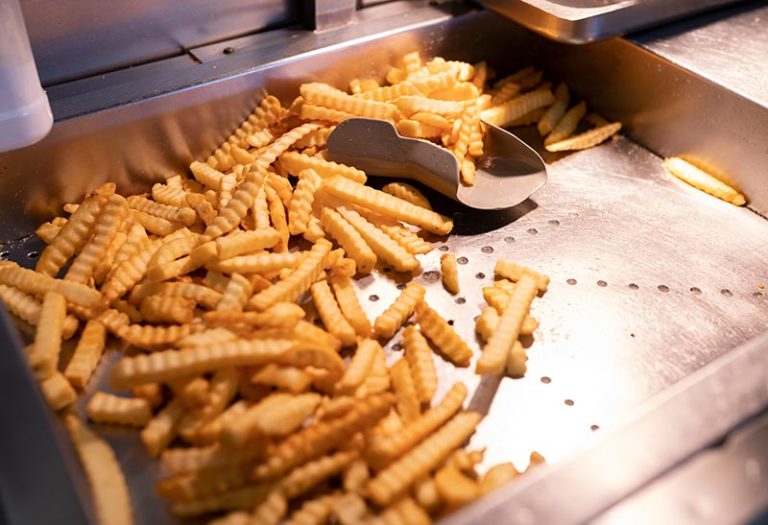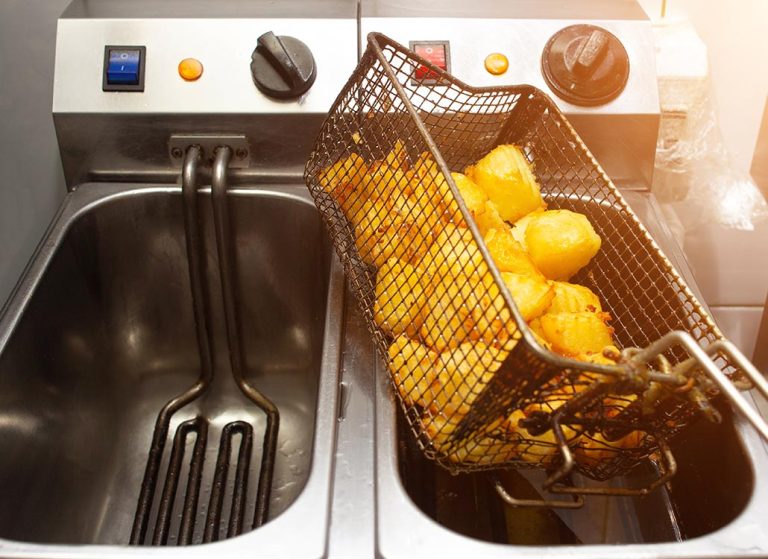Compliance Without Complexity: A Guide to FOG Regulations
Clarity First: What FOG Compliance Really Means
FOG stands for fats, oils, and grease—byproducts of commercial food preparation that can wreak havoc on sewer systems and plumbing infrastructure when not handled correctly. Compliance, in this context, is not optional. Local municipalities like Anaheim enforce strict FOG regulations to prevent clogs, environmental contamination, and costly public infrastructure damage.
For foodservice operators, FOG compliance means having systems in place to capture and properly dispose of these materials. This typically involves the use of grease traps or interceptors, documentation of maintenance and cleaning schedules, and partnering with certified waste haulers like Longview Environmental. Compliance also requires that staff are trained to prevent oil and food solids from being washed down drains, and that systems are routinely inspected for performance.
These rules aren’t just red tape. They’re based on very real risks—uncontrolled grease can lead to backflows, emergency shutdowns, health code violations, and significant fines. But with the right systems in place, compliance becomes a seamless part of operations rather than a source of stress.
The Hidden Pitfalls That Lead to Big Penalties
Many kitchens fail FOG inspections not because of neglect, but because of misunderstanding the rules or relying on outdated processes. The most common issues inspectors cite include inconsistent grease trap maintenance, missing or incomplete documentation, and using vendors who lack proper certification for waste hauling and disposal.
Overflowing grease traps, blocked lines, or signs of grease bypass can trigger immediate enforcement action, especially during surprise inspections. Documentation lapses are another frequent red flag. Without maintenance logs showing regular cleanings and service, even a well-maintained system can appear noncompliant on paper.
Some operators also misunderstand how often cleaning is required. Relying on a quarterly schedule may work for a low-volume kitchen, but high-output operations often require monthly or even bi-weekly service. These decisions should be driven by actual data—something Longview Environmental helps provide through monitoring and analytics.
Ultimately, the biggest risk isn’t the fine itself—it’s the disruption to your business. Emergency cleanouts, plumbing repairs, and mandatory shutdowns cost far more than routine compliance would have.
Simplicity Through Systemization: Building a Compliant Operation
The good news is that FOG compliance doesn’t need to be complicated. With a clear plan and the right support, it becomes a predictable, low-effort part of your operational flow. A compliant system starts with proper grease trap installation, sized according to kitchen output. It continues with scheduled cleanings that prevent overflow and ensure equipment longevity.
Training plays a key role as well. Staff need to understand what should and shouldn’t go down the drain, and how to spot early warning signs of grease buildup or improper flow. Longview Environmental supports training efforts with custom guides and on-site walkthroughs to reinforce best practices.
Documentation is the other pillar of compliance. Every cleaning and service visit should be logged, time-stamped, and filed for inspector review. Longview Environmental provides clients with automated reports after each service, stored digitally and available on-demand—so you never have to scramble when an inspector walks in.
With these elements in place—equipment, scheduling, training, and documentation—compliance becomes simple. It moves from a reactive chore to a proactive system that works quietly in the background, keeping your kitchen safe, efficient, and audit-ready.
Why Longview Environmental Makes the Difference
What sets Longview Environmental apart is our focus on making compliance effortless for foodservice operators. We understand the pressures kitchens face—tight schedules, high turnover, evolving menus—and we’ve built our services to integrate seamlessly into that reality.
From equipment installation to staff education, from real-time monitoring to digital documentation, we deliver a full spectrum of solutions that simplify compliance. We don’t just collect your oil or clean your trap—we ensure you’re protected, efficient, and informed every step of the way.
Our clients don’t fear inspections—they welcome them. That’s the Longview Environmental difference: turning regulatory obligations into operational advantages.
Compliance Without the Complexity
FOG compliance can feel overwhelming, but it doesn’t have to be. With the right structure, the right support, and a partner who understands the stakes, it becomes another tool for protecting your business and enhancing your brand. Longview Environmental helps you make that shift—not just staying out of trouble, but stepping into leadership.
Let us help you build a system that takes the stress out of sustainability. Because when your kitchen runs clean and your records are in order, compliance becomes second nature—and your team can focus on what they do best.








